Overview
A healthy, happy school year begins with a plan. Select a topic below and get well on your way to the best year ever.
Drivers
It's in every driver's best interest to keep up-to-date on Pennsylvania's school bus stopping law. First and foremost, we need to keep children safe on their ways to and from school.
Additionally, penalties are steep for drivers who disobey the law, and can include hundreds of dollars in fines, points on the driver's safety record, and a 60-day license suspension.
When to Stop
Two-Lane Road
Cars in the opposing lane and approaching behind the school bus must stop at least 10 feet away when lights are flashing and the stop arm is extended.
Four-Lane Road
Cars in both opposing lanes and both lanes approaching behind the school bus must stop at least 10 feet away when lights are flashing and the stop arm is extended.
🛑 When in doubt, stop for the school bus. 🛑
Always remain stopped until all bus passengers have made it to safety, then proceed with caution.
Road With Turning Lanes
Cars in the opposing lane and approaching behind the school bus must stop at least 10 feet away when lights are flashing and the stop arm is extended.
Roads With Physical Barriers
Cars approaching the bus from behind must stop at least 10 feet away from the bus with its stop arm extended and lights flashing. Opposing traffic may continue past as usual.
Safety Tips for Drivers
A safe school commute is every driver's responsibility. Protect students, guardians, teachers, school staff, and everyone else out and about:
👀 Be especially alert in the mornings and afternoons when schools are opening up and dismissing for the day.
🚫 Don't drive distracted. Remember: It is illegal to have a cellphone in your hand as a driver in Pennsylvania.
↔️ Maintain a safe following distance from school buses and other vehicles on the road. Leave even more space if the weather is bad.
⏰ Leave with plenty of time to get where you're going so you don't have to rush.
🔦 Keep emergency supplies in your vehicle.
⚠️ Have at least two reliable ways to get emergency alerts.
🫸 Never drive if you have consumed alcohol or drugs. Buzzed driving is drunk driving.
-
1
Include kids in emergency planning.
Talk with kids about your family's plan to stay safe. Teach them their emergency contacts, and practice when and how to contact them. Keep open lines of communication with one another so you can trust that if something is wrong, your child will come to you.
-
2
Help kids gather emergency supplies.
Experts suggest that each of us have a kit with supplies that could help us in an emergency. Helping kids pack their own emergency items can help them feel aware and prepared. If an emergency happens, they will have the objects they need to feel more safe and comfortable.
-
3
Teach kids about 911.
Every child should know how and when to contact 911. Walk them through what happens when an operator answers their call, and remind them that they can now text 911 in every Pennsylvania county if they find themselves in a situation where talking is not possible or unsafe.
-
4
Take action to keep kids safe.
Make your home safer with working smoke and carbon monoxide detectors, and be on the lookout to prevent burns, fire, travel injuries, and more.
-
5
Comfort kids after the unexpected happens.
Encourage kids to talk about their fears, and allow them to ask questions. Reassure them with love, and remind them that their teachers and school counselors are another trusted resource.
At School
Pay attention to what's around you at school and at school-sponsored events, and listen to guidance from your teachers and school administrators on how to stay safe.
Quick Tips
👀 Do a quick scan whenever you enter a new room or space. Locate your closest emergency exit.
🚨 We know safety drills can seem boring, repetitive, or an opportunity to chat with friends. But experts have found that practicing emergency situations is the way to stay calm and safe during an actual emergency. Pay attention during these drills and listen to school staff.
📢 You can report concerning behavior anonymously through Safe2Say Something.
🤳 Call 911 if you or someone else is in danger.
🫂 Call the Bullying Prevention Consultation Line at 866-716-0424 if you experience or witness bullying.
🚩 Remember: Safe adults will NEVER ask you to keep a secret between the two of you. If something feels off about a situation, tell a trusted adult.
Riding the Bus
School buses are a safe way to get to and from school. Follow these safety tips to protect yourself even further:
Outside
👉 At the bus stop, wait back from the curb.
👀 Always check before crossing a roadway.
⏰ Wait until the bus has stopped all traffic before stepping into the road.
🚶♀️➡️ NEVER cross the street behind a school bus, and leave space when crossing in front of a school bus to make sure the driver sees you.
On The Bus
💺 Stay in your seat when the school bus is moving.
↔️ Keep aisles of the bus open.
👂 Listen to your driver and follow instructions, especially if there is an emergency.
🚫 NEVER play with emergency exits.
At Home
Preparation begins at home with your family.
Have A Chat
Keep lines of communication with your family open. Talk about what you'd do in an emergency, disaster, or situation that makes you feel uneasy.
Things to Know
-
1
Your Emergency Contacts
Talk with your guardian(s) about who to contact in an emergency. Save their numbers on your phone and on paper (in case you don't have your phone, run out of battery, or lose service).
-
2
How & When to Call 911
Call 911 if you or someone else is hurt or in danger. Call if there is a fire, someone is hurt, there is a car crash, or for stranger danger. For fires, get outside to safety first, then call 911. You can text 911 in situations where you feel unsafe to call.
-
3
Where You Have Emergency Items
Gather supplies that would help you stay safe and comfortable in an emergency, and keep them somewhere convenient.
-
Emergency Alerts Sign up for Code Red alerts for your home and work addresses.
-
Emergency Supplies Experts encourage everyone to keep emergency supplies at work. Here's how to build a supply kit.
-
Know the Threats Familiarizing yourself with Pennsylvania's most-likely threats is a good way to be more prepared.
-
Ready Curriculum Teach kids about preparedness with curriculum from the Federal Emergency Management Agency.
-
School Emergency Planning All-hazard resources, guidance, and training opportunities for schools, child care centers, and other facilities.
-
School Safety Resources Annual safety reports, threat assessment details, and more from the Commission on Crime & Delinquency.

Bullying Consultation Line
No student should have to go through bullying. Parents/guardians, schools, and students can call the toll-free Bullying Prevention Consultation Line for help.
Bullying Prevention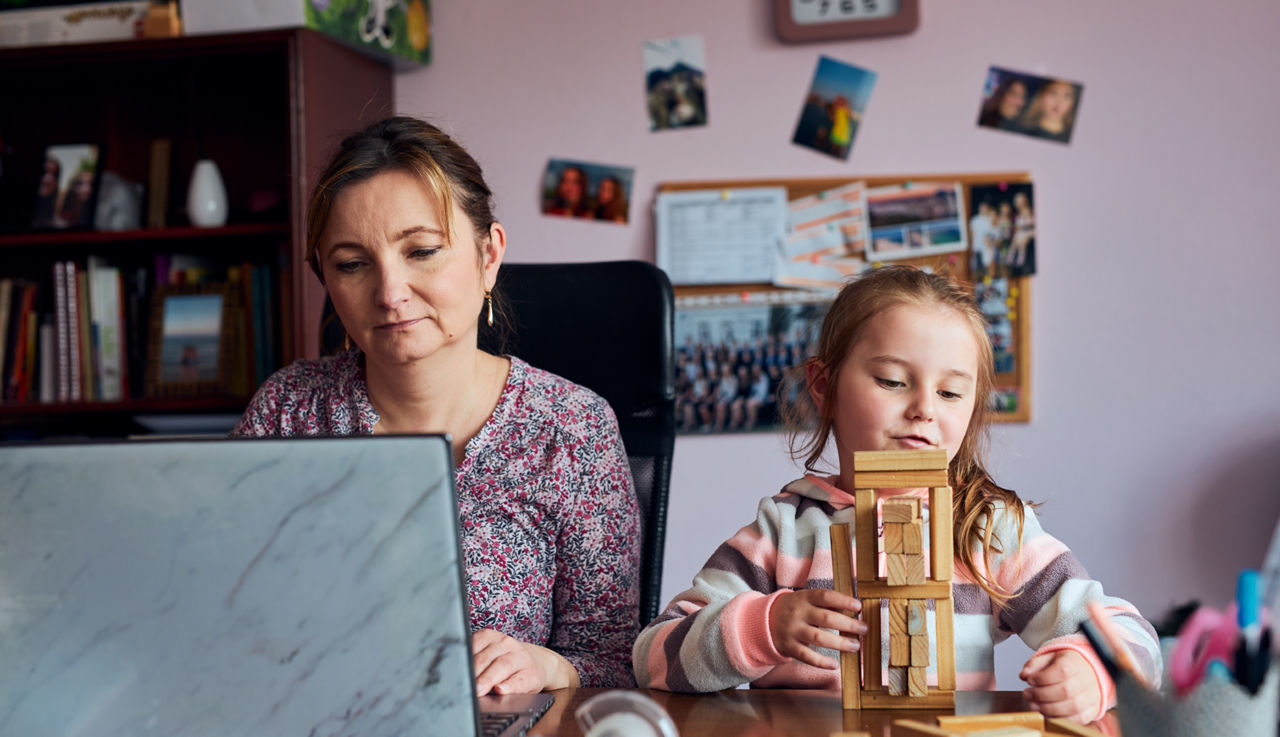
Help For Families
PA 211 is here to connect families with resources to make their lives easier. Get help with basic needs like transportation, housing, food, and more.
Help For Families
Immunizations
Know the law around vaccines, what is required to attend schools, and best practices to keep your kids safe and healthy.
Immunizations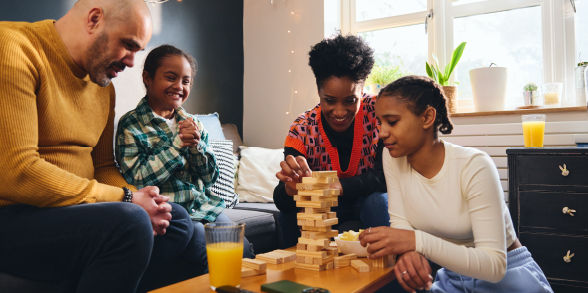
Make An Emergency Plan
Connect with your family and make an emergency plan so you're protected no matter what happens.
Make An Emergency Plan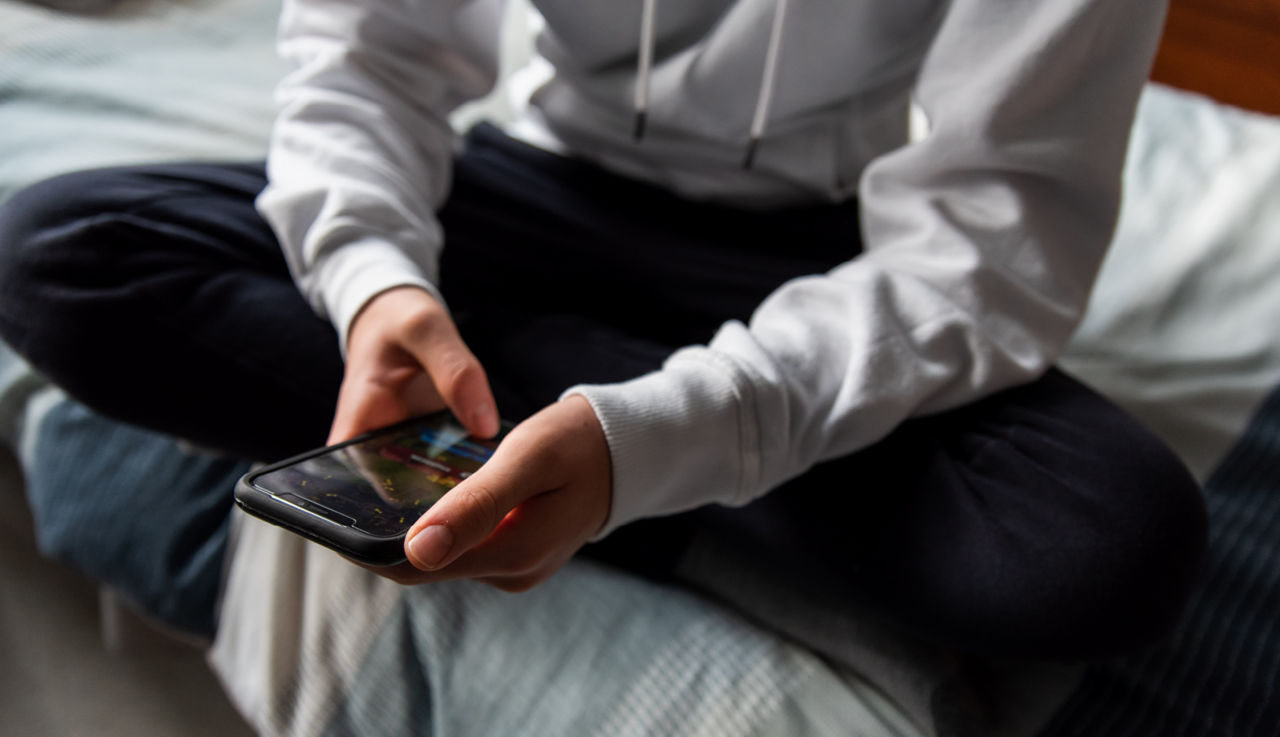
Mental Health Support
Get free and confidential help from the 988 Lifeline. You can call, text, or chat online — whatever is comfortable for you.
988 Lifeline
Ready Kids
Browse our Ready Kids guide for general information on keeping kids informed and safe.
Ready Kids Guide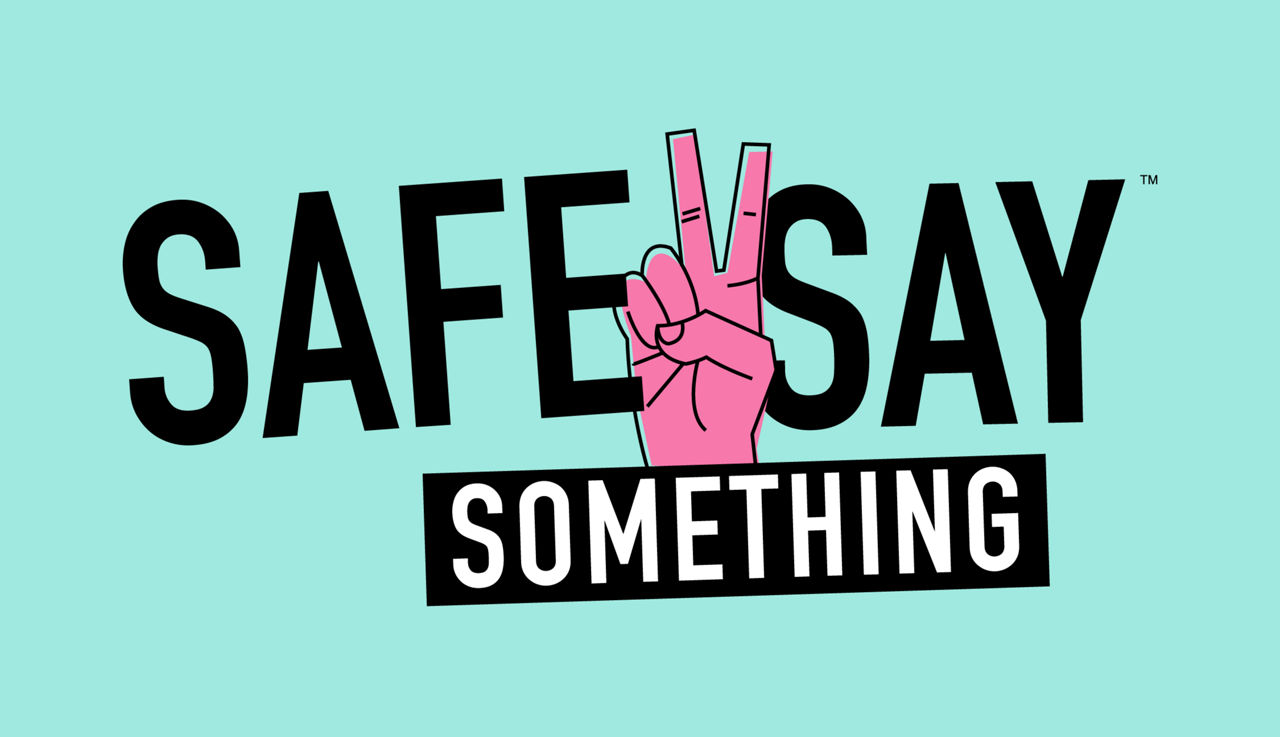
Safe2Say Something
Use Safe2Say to work with your child on recognizing warning signs of violence. Report safety threats anonymously in the app or by phone.
Safe2Say Something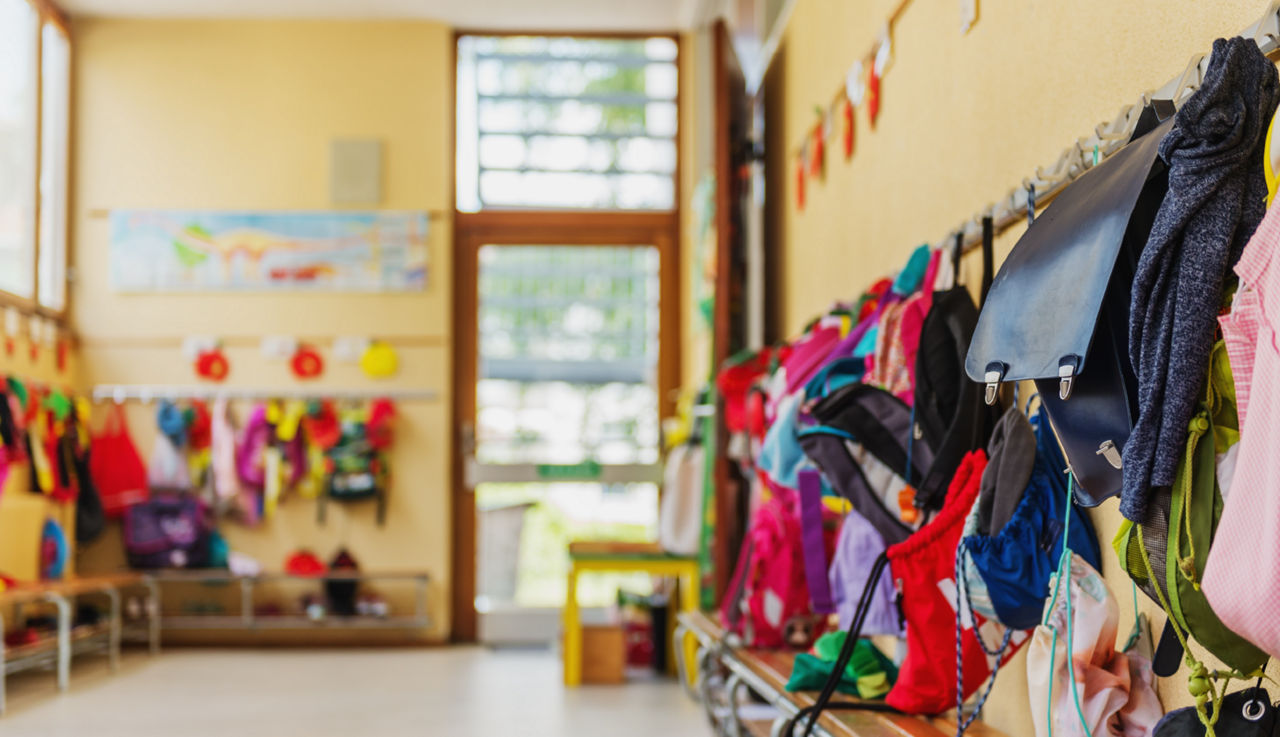
School Health Information
Browse a comprehensive list of health conditions from the Pennsylvania Department of Health and learn protection and safety measures.
School Health Information


